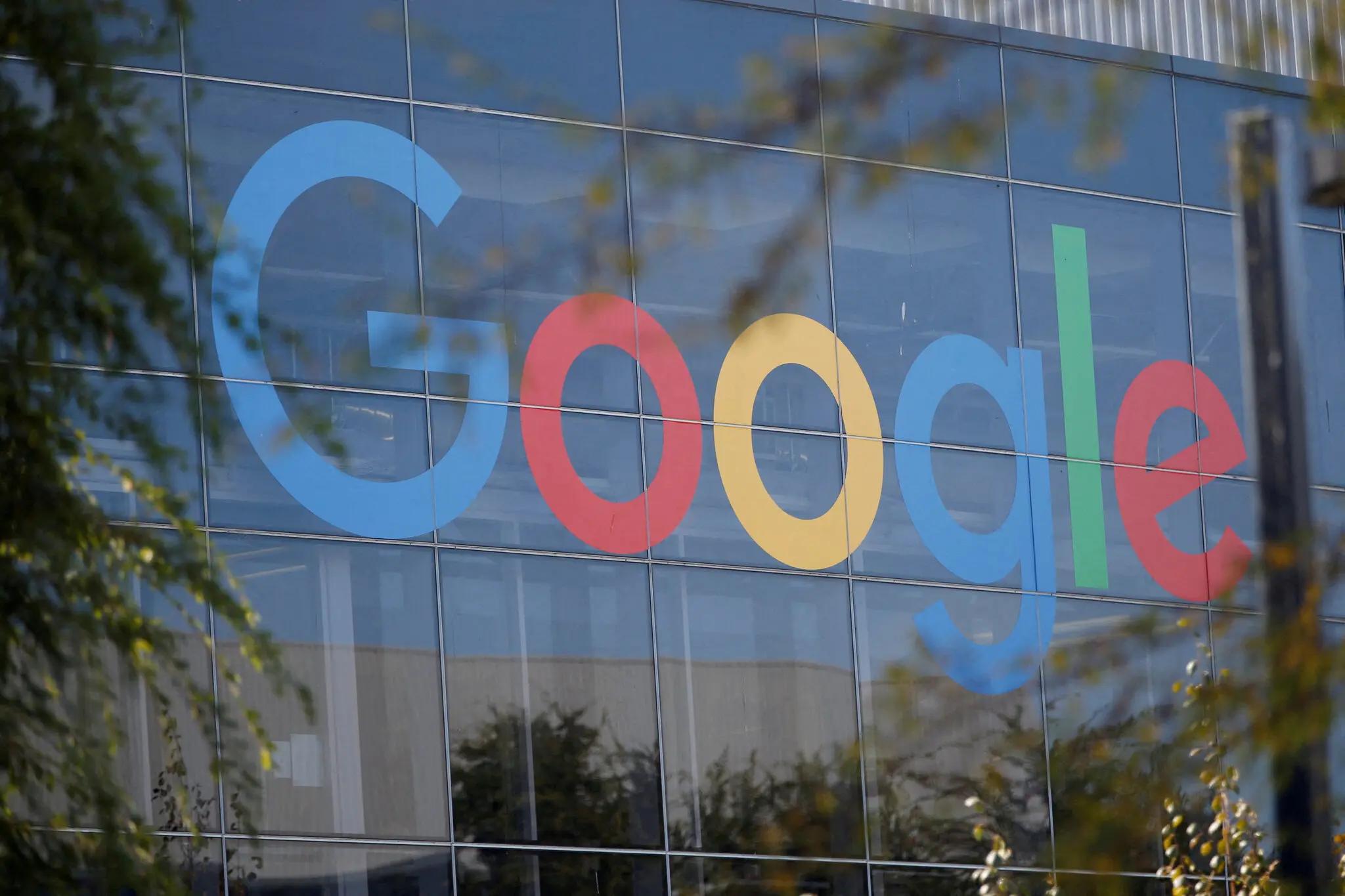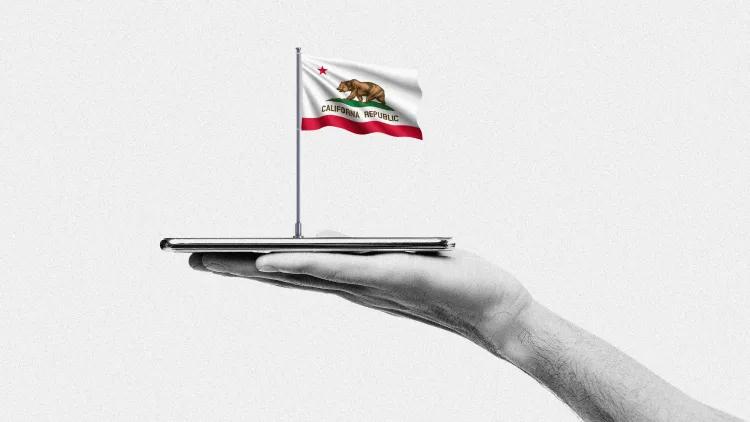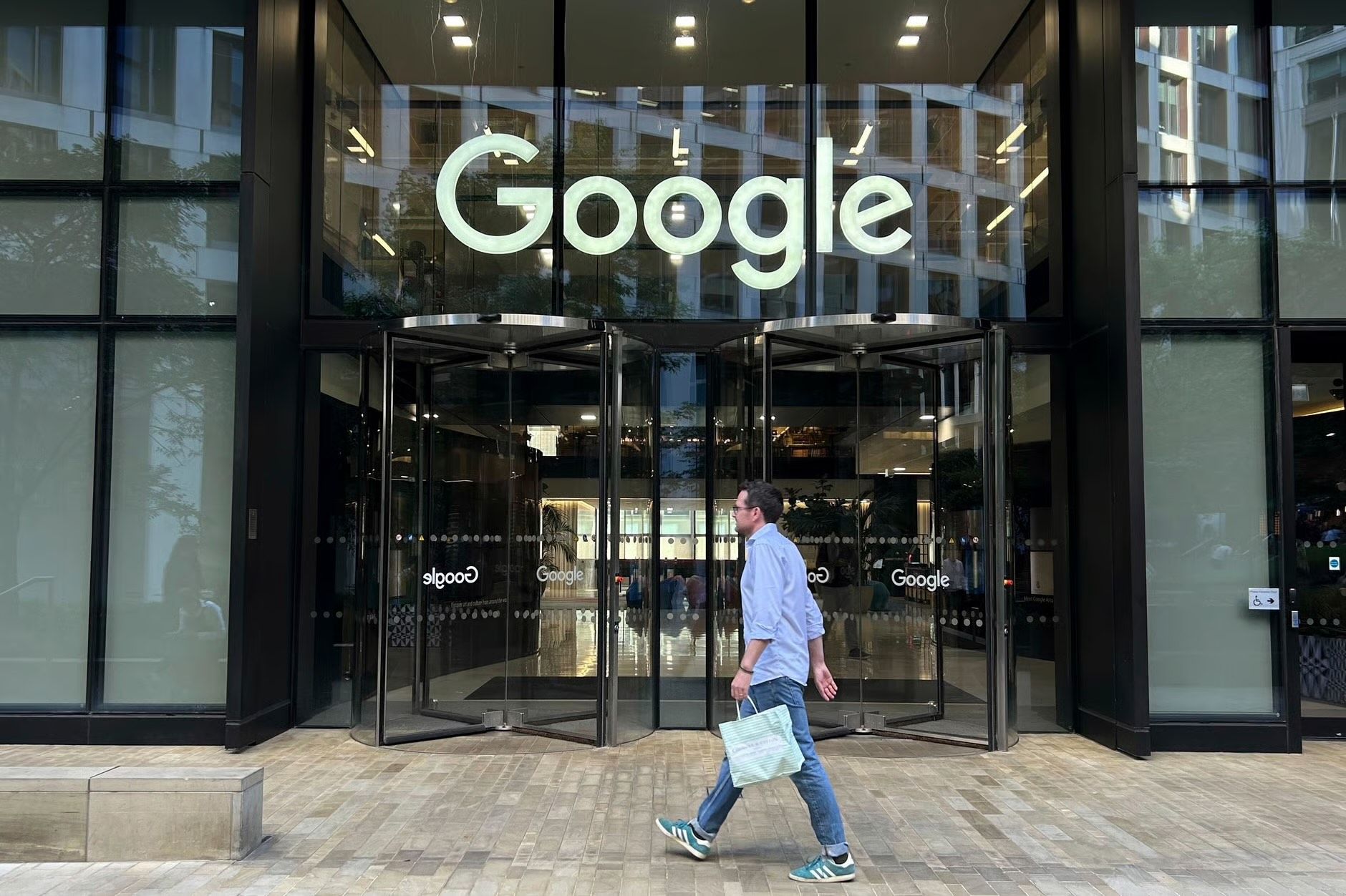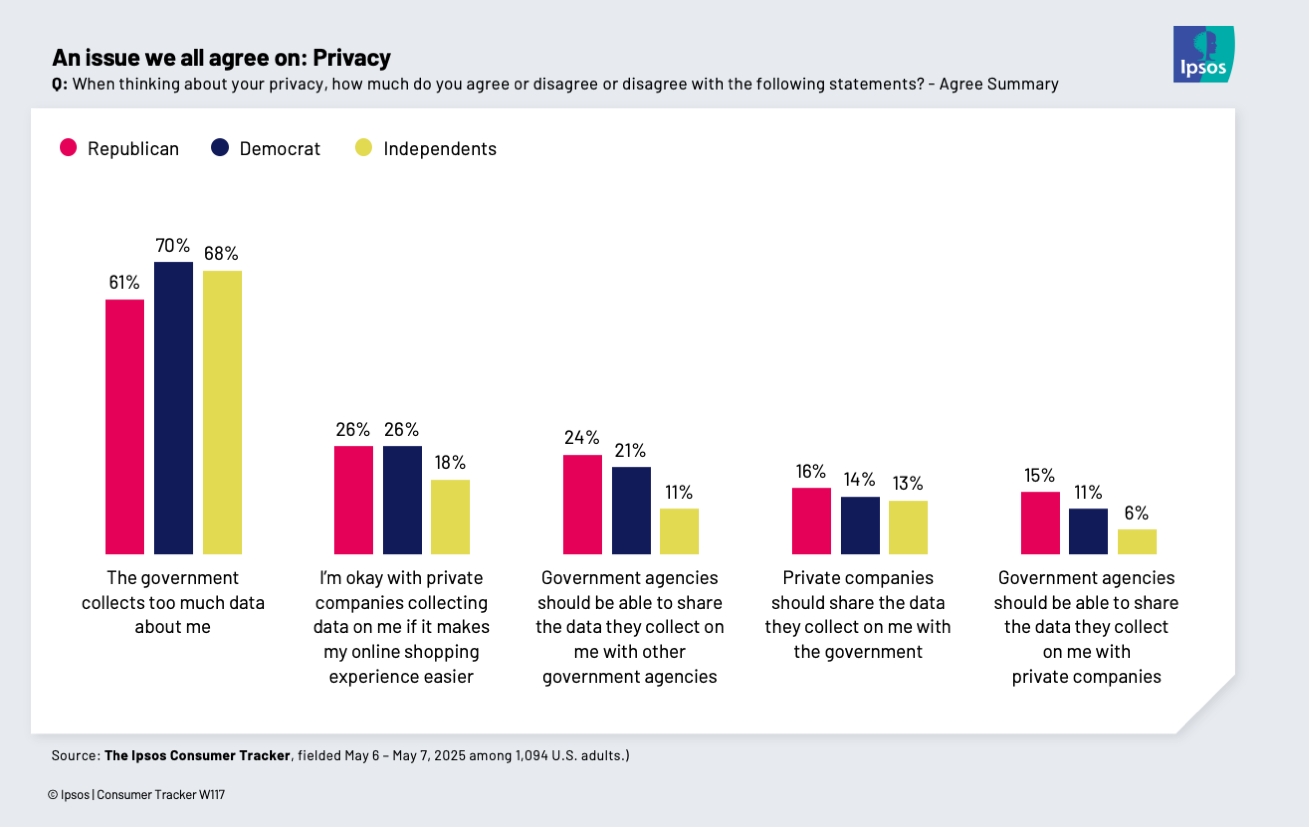|
|
"Big Tech is not above the law."
— Texas Attorney General Ken Paxton
|
|
|
Welcome back to Snippets 👋 Here's what's been happening at the intersection of privacy and tech:
- Google agreed to pay $1.4 billion to settle two privacy suits with the Texas attorney general's office
- California legislators introduced a new bill meant to curb location data abuse
- The FTC voiced support for the Department of Justice's proposed remedies in the Google antitrust trial
- And so much more!
|
|
|
|
|
Google to pay $1.4 billion to settle Texas privacy lawsuits
|
 |
|
Stephen Lam/Reuters
|
Google has agreed to pay $1.4 billion to settle two lawsuits brought by the Texas attorney general’s office, both of which accused the search engine giant of violating the state’s comprehensive privacy laws.
|
- Texas Attorney General Ken Paxton filed the suits in 2022, claiming Google was tracking the state’s residents by collecting location, search, and facial recognition data.
- The settlement marks yet another legal setback for Google. In the last two years, the company has also lost a series of antitrust cases meant to address its App Store, ad tech, and search engine monopolies.
- Texas, which has emerged as a leading privacy enforcer, has also challenged Google Photos, the Nest camera, and Google Assistant for allegedly using facial and voice recognition technology on consumers without consent.
|
|
|
|
|
|
|
Introducing CPO Roundtable: Real conversations with privacy leaders
|
|
In Transcend's most recent series, Field Chief Privacy Officer Ron De Jesus is joined by top privacy leaders to get honest about what it really means to lead privacy in today’s environment. In this episode, they unpack questions like:
- How do you earn a seat at the executive table as a CPO?
- What does it take to shift internal perceptions from "compliance enforcer" to "strategic enabler"?
- How do privacy teams unlock, not block, product innovation?
You’ll also hear personal stories from the field—how each guest came into privacy through an unconventional path, and how that shaped the way they lead today.
|
|
|
|
|
|
|
|
California moves to curb location data abuse with new bill
|
 |
|
Prostock-studio/Adobe Stock
|
California’s Assembly Bill 1355 could reshape how companies handle geolocation data, ultimately challenging long-standing industry norms around unchecked data extraction.
|
- The bill would require companies to obtain users’ opt-in consent to collect geolocation data, as well as disclose its purpose, use, and any transfers to third-parties.
- Opponents have warned that such legislation places undue burden on businesses, limits innovation, and increases costs.
- Supporters note the bill’s scope goes beyond just consent to protect civil liberties, as location data can reveal routines, relationships, sexual orientation, and other personal details.
- The bill seeks to put power back into the hands of consumers, not only expanding users' opt-out rights but also making them easier to exercise.
|
|
|
|
|
|
|
|
FTC voices support for DOJ plan to curb Google’s search dominance
|
 |
|
AP Photo/Brian Melley, File
|
In the antitrust trial over Google’s search engine monopoly, the Federal Trade Commission (FTC) has publicly backed the Justice Department’s proposal for a divestiture of Google’s Chrome browser.
|
- The FTC was one of several parties, including publishers, regulators, academics, and employee unions, to file amicus briefs supporting or scrutinizing the DOJ’s proposed remedies in this case.
- Google has strongly objected to the proposal, which would also require the company to make its user search data—which has granted it a significant advantage in the market—available to competitors.
- The tech giant has argued the proposal would compromise both user privacy and national security, with Google CEO Sundar Pichai testifying it would also amount to a “de facto divestiture” that would severely limit any future innovation.
- Dismissing those concerns, the FTC called for the creation of an independent technical committee to oversee data-sharing, remove personally identifiable information, and enforce privacy safeguards—including audits for rival companies receiving Google’s data.
|
|
|
|
|
|
|
|
- Spyware maker NSO Group fined $167 million.
- Trump Administration rescinds Biden era AI rules.
- Montana and Colorado move to amend their privacy laws.
- Introducing the new and privacy-improved Bluetooth 6.1.
- Marks & Spencer reports stolen customer data after cyberattack.
|
|
|
|
|
|
Majority of Americans believe the government collects too much data
|
 |
|
|
Following reports that government agencies are planning to create a shared database to target undocumented immigrants, the Ipsos Consumer Tracker surveyed Americans about their current views on data privacy.
|
- Two-thirds of Americans, regardless of political affiliation, agreed the government collects too much data on them.
- Less than a third of respondents said they would be okay with private companies collecting their data—even for the purposes of convenience—while less than a quarter were okay with the sharing of personal data between government agencies and private companies.
- Financial data emerged as the most sensitive category, with 60% of respondents concerned about its safety, followed by health (37%), credit card usage (32%), and biometric data (32%).
- Biometric and location data were more important to 18-34 year olds, who ranked it above health data.
|
|
|
|
|
|
|
|
FDA’s AI initiative raises privacy concerns
|
 |
|
Illustration: Maura Losch/Axios
|
In a bid to make their evaluations more efficient, the Food and Drug Administration (FDA) is planning to integrate generative AI into its decision-making process.
|
- Following a successful trial run, FDA Commissioner Marty Makary has ordered the rollout of a unified evaluation system, which will be integrated with their internal data analytics platforms, by the end of June.
- Makary reasoned that AI use could slash review timelines for new therapies from days to minutes.
- But with the Trump Administration having recently rolled back AI guardrails instituted during Biden’s presidency, critics warn that hasty AI implementations spanning multiple federal agencies may introduce security risks.
- While some experts support the FDA’s initiative, the speed of implementation and lack of details have raised questions and concerns about protecting proprietary company information and training data quality.
|
|
|
|
|
|
|
From compliance to competitive edge ⚡
|
|
Digital transformation isn’t just a trend—it’s essential for businesses that want to grow and stay competitive in an increasingly unsettled market. Though many organizations are investing in new technologies and data strategies, one key piece is often overlooked: the combined power of next-generation consent and preference management (CPM).
Read our recent guide to learn about what consent and preference management offer to the business individually, how they work together, and why this intersection is an increasingly critical driver of business success.
|
|
|
|
|
|
|
|
|
Snippets is delivered to your inbox every Thursday morning by Transcend. We're the platform that helps companies put privacy on autopilot by making it easy to encode privacy across an entire tech stack. Learn more.
|
|
|
|
You received this email because you subscribed to Snippets. Did someone forward this email to you? Head over to Transcend to get your very own free subscription! Curated in San Francisco by Transcend.
|
|
|
|
|
|